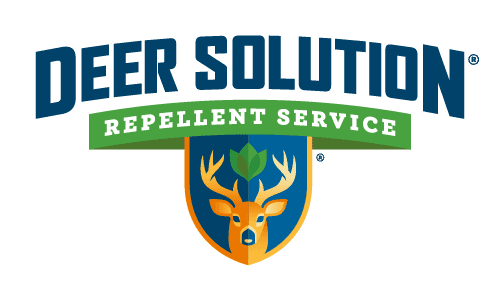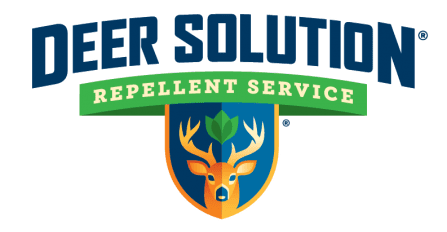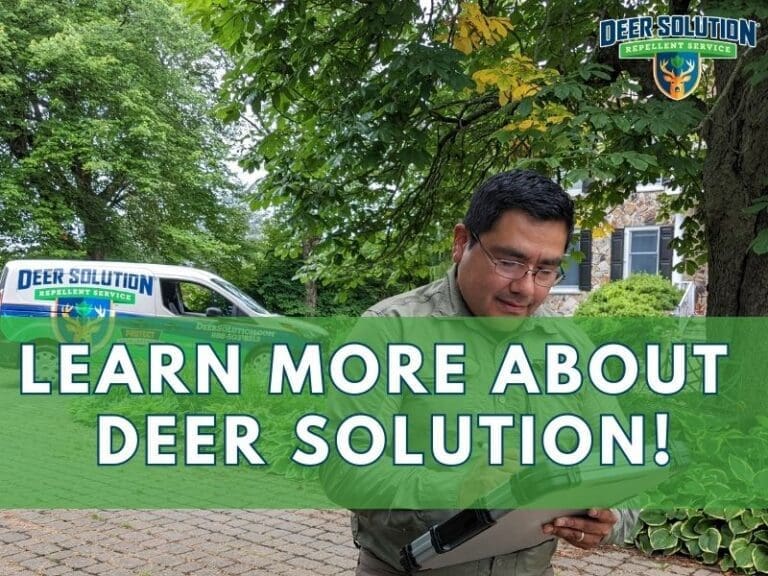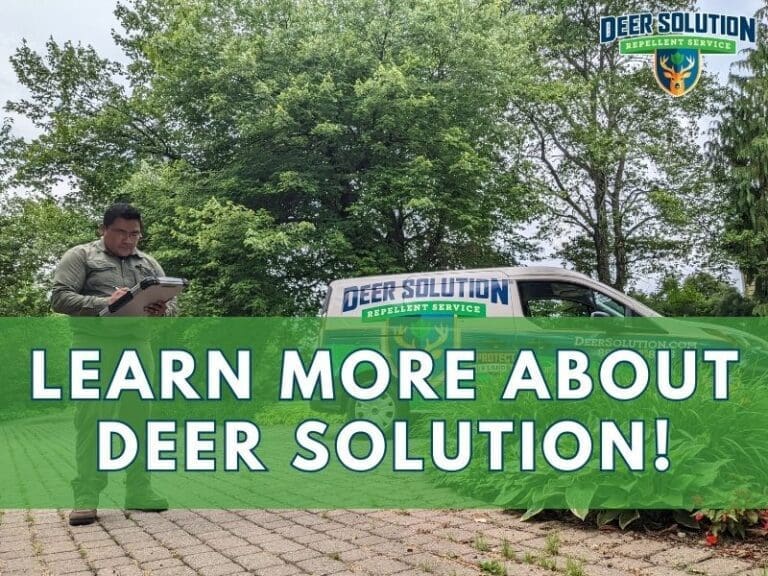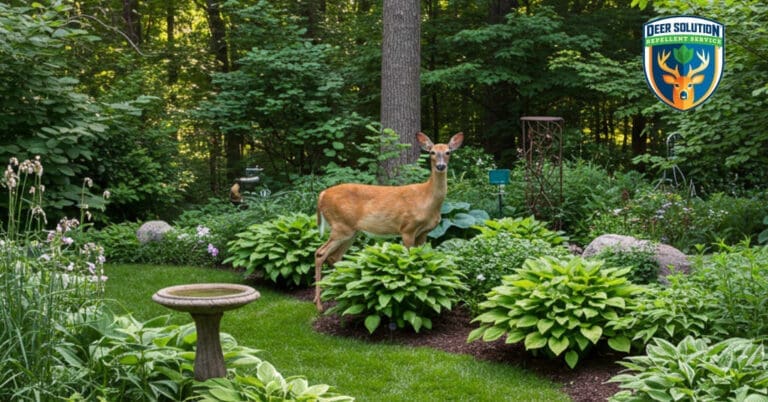Hostas, with their lush foliage and striking colors, are a beloved addition to many gardens. However, these plants can also be a tempting treat for deer, making it essential to understand their preferences and implement effective protection measures. Deer Solution’s eco-friendly approach offers a sustainable solution to this age-old gardening challenge.
The Allure of Hostas for Deer
Deer are herbivores with a diverse diet, and hostas, with their tender leaves and stems, can be an irresistible delicacy for these four-legged grazers. While deer may not intentionally target hostas, their appetite for these plants can quickly lead to extensive damage, leaving gardens in disarray.
Deer Behavior and Hostas
Understanding deer behavior is crucial in protecting your hostas. Deer are creatures of habit, often following the same trails and grazing patterns. They are most active during dawn and dusk, making these times particularly vulnerable for your plants. Additionally, deer are drawn to areas with abundant food sources, making well-maintained gardens a prime target.
Eco-Friendly Deer Deterrence
Deer Solution’s approach to deer deterrence revolves around eco-friendly practices that respect the delicate balance of nature. Our proprietary all-natural repellent service utilizes a blend of plant-based ingredients that create an unpleasant taste and smell for deer, encouraging them to avoid treated areas without causing harm.
By applying our repellent regularly, you create a protective barrier around your hostas and other vulnerable plants, deterring deer from grazing on them. This proactive approach not only safeguards your landscaping efforts but also promotes a harmonious coexistence between your garden and the local wildlife.
Enhancing Your Garden’s Resilience
While Deer Solution’s repellent service is an effective solution, there are additional eco-friendly strategies you can incorporate to fortify your garden’s resilience against deer damage:
- Incorporate deer-resistant plants: Interplant your hostas with plants that deer tend to avoid, such as lavender, marigolds, or ornamental grasses.
- Maintain a tidy garden: Deer are attracted to overgrown or unkempt areas, so regular pruning and maintenance can make your garden less inviting.
- Embrace biodiversity: A diverse garden ecosystem with a variety of plants, shrubs, and trees can deter deer by providing a less concentrated food source.
By embracing Deer Solution’s eco-friendly repellent service and implementing complementary strategies, you can create a beautiful, deer-resistant garden that thrives in harmony with nature. Our commitment to sustainable practices ensures your hostas and other plants receive the protection they need without compromising the delicate balance of the ecosystem.
